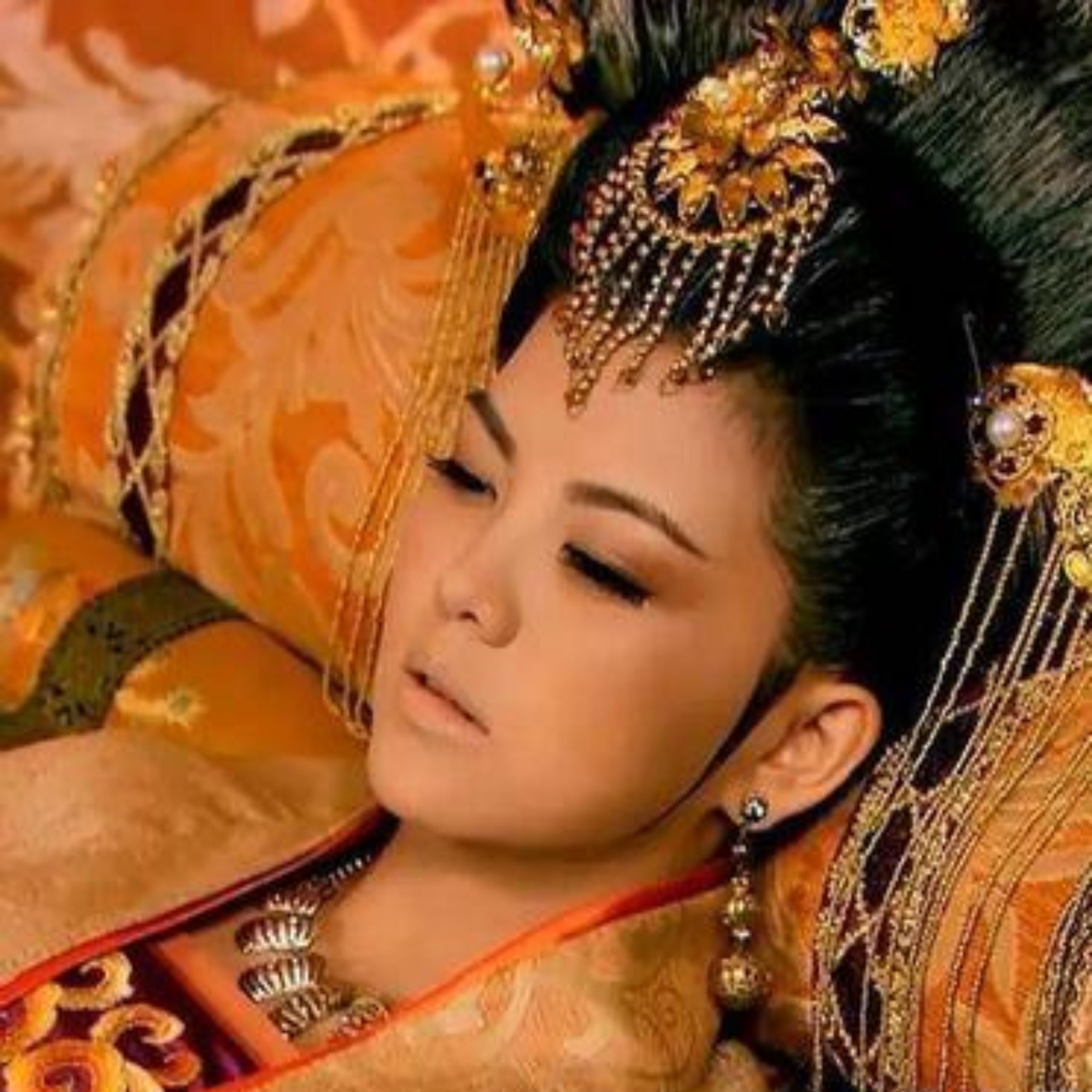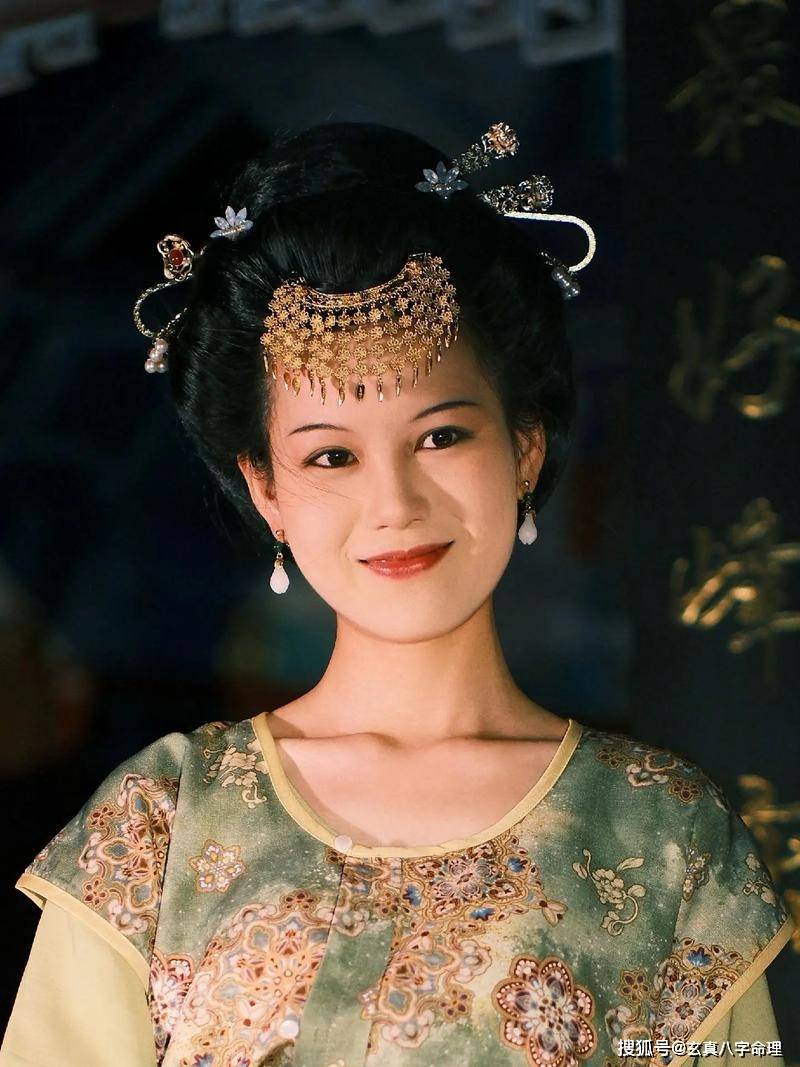Hello everyone, this is the history encyclopedia editor. Today, I will tell you the story of Qian Liu. Welcome to follow us.

Qian Xuesen, known as the “Father of Chinese Missiles”, Qian Sanqiang, known as the “Father of Chinese Atomic Bombs”, and Qian Weichang, known as the “Father of Modern Chinese Mechanics”, are famous figures in the Chinese scientific community.
They were born in different places, with Qian Xuesen in Shanghai, Qian Sanqiang in Shaoxing, Zhejiang, and Qian Weichang in Wuxi, Jiangsu. However, they share a common ancestral home: Hangzhou, Zhejiang, and a common ancestor, Qian Liu.
Qian Liu, born in the sixth year of the Dazhong reign of the Tang Dynasty (852 AD), was a native of Lin’an County, Hangzhou. He did not study literature from a young age and preferred to practice martial arts. He was skilled in using bows and arrows, as well as horse spears. After becoming weak, he made a living by selling private salt. At that time, it was the end of the Tang Dynasty, and society was turbulent. Qian Liu sold salt for several years without making much money, which was far inferior to his colleague Huang Chao from the north.

At the age of 24, Qian Liu switched careers and joined the military. At that time, Wang Ying, the commander of Langshan Town in western Zhejiang, was leading a rebellion. Dong Chang, the general of Jingdu Town, recruited local militia to suppress the rebellion. Qian Liu, due to his high martial arts skills, was appointed as a local general and joined the army to quell the rebellion. In the following years, Qian Liu led his army to pacify the rebellions in Xuanzhou (now Xuancheng, Anhui), Shezhou (now Mount Huangshan, Anhui) and other places, and also defeated the famous Huangchao army.
With the continuous suppression of rebellions in various regions, Qian Liu rose through the clouds all the way. In the second year of Jingfu (893 AD), after controlling western Zhejiang, he was appointed as the military governor of Zhenhai and the governor of Runzhou by Emperor Zhaozong of Tang. Although Qian Liu had become a high-ranking official in the frontier, he was extremely loyal to the Tang Dynasty. In the second year of Qianning (895 AD), his former superior Dong Chang declared himself emperor in Yuezhou and appointed Qian Liu as the commander of the two Zhejiang capitals. Qian Liu was ordered to attack and annihilate him.
In the fourth year of Qianning (897 AD), Qian Liu was promoted to the position of Commander in Chief of the Eastern Army and gained control of the two Zhejiang regions, completely forming a separatist force. In the first year of Tianyou (904 AD), Qian Liu submitted a request to be conferred the title of King of Wu and Yue, but the court initially refused and later renamed him as King of Wu.
In the first year of Kaiping in the Later Liang Dynasty (907 AD), Zhu Wen usurped the Tang Dynasty and declared himself emperor, leading to the downfall of the Tang Dynasty. In order to win over Qian Liu, Zhu Wen conferred upon him the title of King of Wu Yue. In the days that followed, the Zhu and Li families (Li Cunxu’s lineage) in the north fought and killed each other, but Qian Liu was quite self aware and refused to declare himself emperor, living his own small life leisurely in Jiangnan.
In the third year of Longde (923 AD), Qian Liu was conferred the title of King of Wu Yue and officially established the Wu Yue Kingdom. At this time, Qian Liu’s life reached its peak, and both the Zhu family of the Later Liang and the Li family of the Later Tang in the north vied to befriend and win him over. In the third year of Changxing (932 AD), Qian Liu passed away peacefully at the age of 81.
Qian Liu spent his entire life in the military, rising to power and establishing a country. He was an inspiring example of the ancient loser’s comeback, but what later generations talked about more was his love story with his wife Wu.
Wu was born into an official family in Hangzhou and was a truly knowledgeable and beautiful lady. However, when she chose a husband, she refused the pursuit of a large number of wealthy children from the official family and chose Qian Liu, who was still a private salt trader at the time.
Qian Liu felt that she had been hit by a huge pie, and after marrying Wu into the family, she naturally received countless favors, afraid that she would suffer any injustice. After Wu entered the house, she was filial to her parents in law and would also advise her husband on his rough words and actions, which further made Qian Liu both love and respect him.
Later, as Qian Liu’s status rose, he successively married many concubines, but the Wu family remained Qian Liu’s favorite. According to the Spring and Autumn Annals of the Ten Kingdoms, the Wu family would return to Lin’an every year for the Cold Food Festival, and Qian Liu missed it very much. One spring, Wu had been away for a long time without returning, and as the spring was coming to an end, Qian Liu became even more anxious. He quickly found a staff member and wrote a letter to Wu urgently to deliver it.
Due to Qian Liu’s illiteracy (“Qian Wusu Wang cannot read” in Volume 2 of “Xiangzu’s Notes”), he only copied nine words in the letter: “Flowers bloom on the roadside, but slowly return.” The flowers on the roadside have all bloomed, and Madam can come back slowly.
In just nine simple words, it expresses the desire of the ruler of Wu Yue, Qian Liu, for his wife to come back but unwilling to urge her, which is both touching and somewhat sweet and funny. Upon receiving such beautiful love words, Wu immediately packed her bags and hurried back to Hangzhou.
The nine character love phrase ‘Flowers bloom on the Mo, you can slowly return home’ has become a source of inspiration for countless literati and poets to write poems and lyrics. For example, Su Dongpo once wrote three quatrains titled ‘Flowers on the Mo’, but the most beautiful one among them is Chao Buzhi’s’ One of the Eight Flowers on the Mo ‘:
The golden steps in the outskirts are accompanied by tents, and the wandering women on the roadside are watching the queen.
The eunuch travels on horseback to pass on books and newspapers, while flowers slowly bloom on the roadside.
Before his death, Qian Liu left behind ten family mottos, including “loyalty and filial piety, love for soldiers and the people, diligence and frugality as the foundation, and loyalty and generosity to the family”. His descendants followed these mottos in their conduct and expanded their branches and leaves in the Yangtze River Delta region. In addition to Qian Xuesen, Qian Sanqiang, and Qian Weichang, literary masters such as Qian Xuantong, Qian Mu, Qian Zhongshu, and Qian Jibo are also descendants of Qian Liu.




